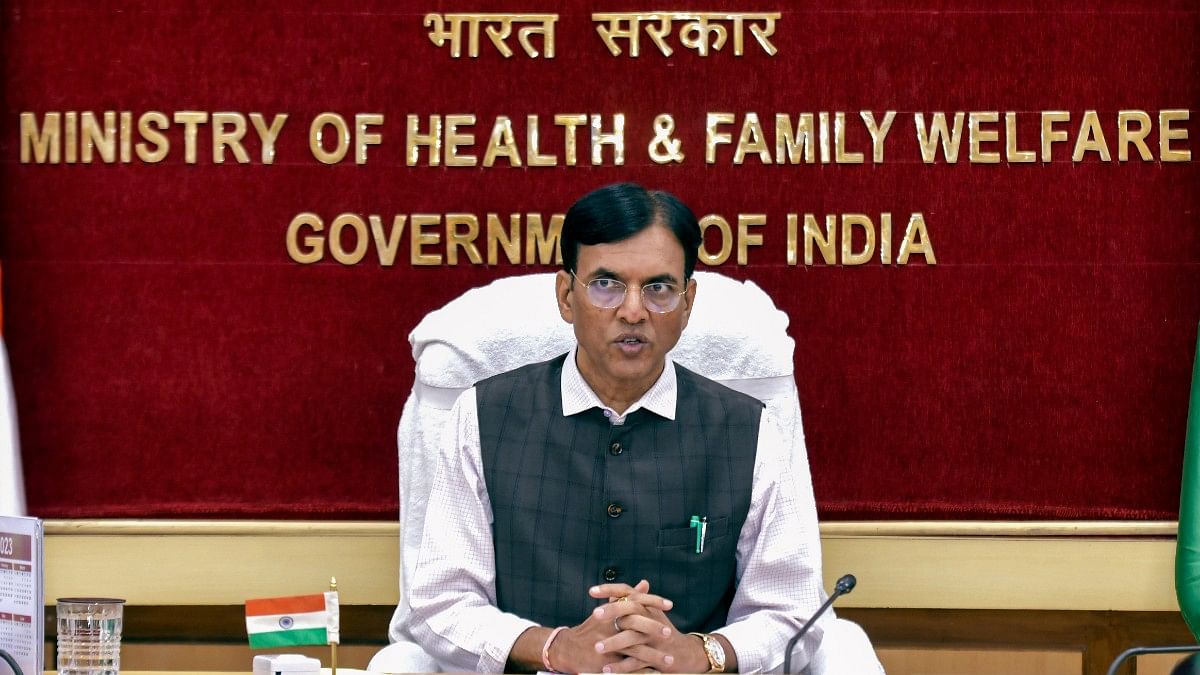Schedule M drugs are pharmaceutical products manufactured in adherence to the specific guidelines outlined in Schedule M of the Drugs and Cosmetics Rules. These guidelines ensure the quality, safety, and compliance of pharmaceutical products in the manufacturing process.

Ministry of Health and Family Welfare (MoHFW) has unveiled a comprehensive revision of the rules under Schedule M of the Drugs and Cosmetics Rules, 1945. Published in the Gazette of India on January 6, Schedule M delineates the good manufacturing practices (GMP) for pharmaceutical products.
Key Revisions for Enhanced Quality Standards
The revised Schedule M introduces pivotal changes, aligning pharmaceutical practices with global benchmarks. Noteworthy additions include the incorporation of a pharmaceutical quality system (PQS), quality risk management (QRM), product quality review (PQR), qualification and validation of equipment, and the implementation of a computerized storage system for all drug products.
Government’s Directive for Compliance
Following consultation with the Drugs Technical Advisory Board, the Central government officially notified the revised rules under the Drugs (Amendment) Rules, 2023. The objective is to enforce good manufacturing practices and establish stringent requirements for premises, plant, and equipment involved in pharmaceutical product manufacturing.
Industry Response and Outlook
Sudarshan Jain, Secretary-General of the Indian Pharmaceutical Alliance (IPA), hailed the revised regulations, emphasizing their role in ensuring compliance with international quality standards. Jain highlighted the significance of focusing on risk management, equipment qualification and validation, and self-inspection as vital contributions to aligning practices with global standards.
Time-Bound Certification Process
)
In a prior development in August, the Ministry set a six-month deadline for small manufacturers and a 12-month timeframe for larger units to obtain World Health Organization-Good Manufacturing Practices (WHO-GMP) certification. Schedule M of the Drugs and Cosmetics Act, 1940, encompasses various facets, including facility requirements and maintenance, personnel regulations, manufacturing protocols, safety testing, and storage and transport protocols for pharmaceutical products.
Evolution of GMP Standards: Schedule M
Originally introduced in 1988 under Schedule M, GMP standards cover materials, methods, machines, processes, personnel, and facilities. This revision marks the first amendment to the Drugs and Cosmetics Rules since June 2005.
Implementation and Categories of Drugs Covered

The revised Schedule M, presented in 13 parts, delineates GMP guidelines for specific requirements in pharmaceutical drug manufacturing. It also introduces five new categories of drugs not previously covered, encompassing substances such as sex hormones, steroids, cytotoxic substances, biological products, radiopharmaceuticals, phytopharmaceuticals, and investigational pharmaceutical products for clinical trials.
Rollout Strategy Based on Company Turnovers
Implementation of the revised rules will be staggered based on company turnovers. Medium and small manufacturers with an annual turnover below Rs 250 crore must comply within 12 months of publication, while larger manufacturers with turnovers exceeding Rs 250 crore have a six-month window for implementation.
In essence, these revisions under Schedule M signify a monumental step toward ensuring the production of safe, effective, and high-quality drugs in India, aligning the nation’s pharmaceutical industry with the best global practices